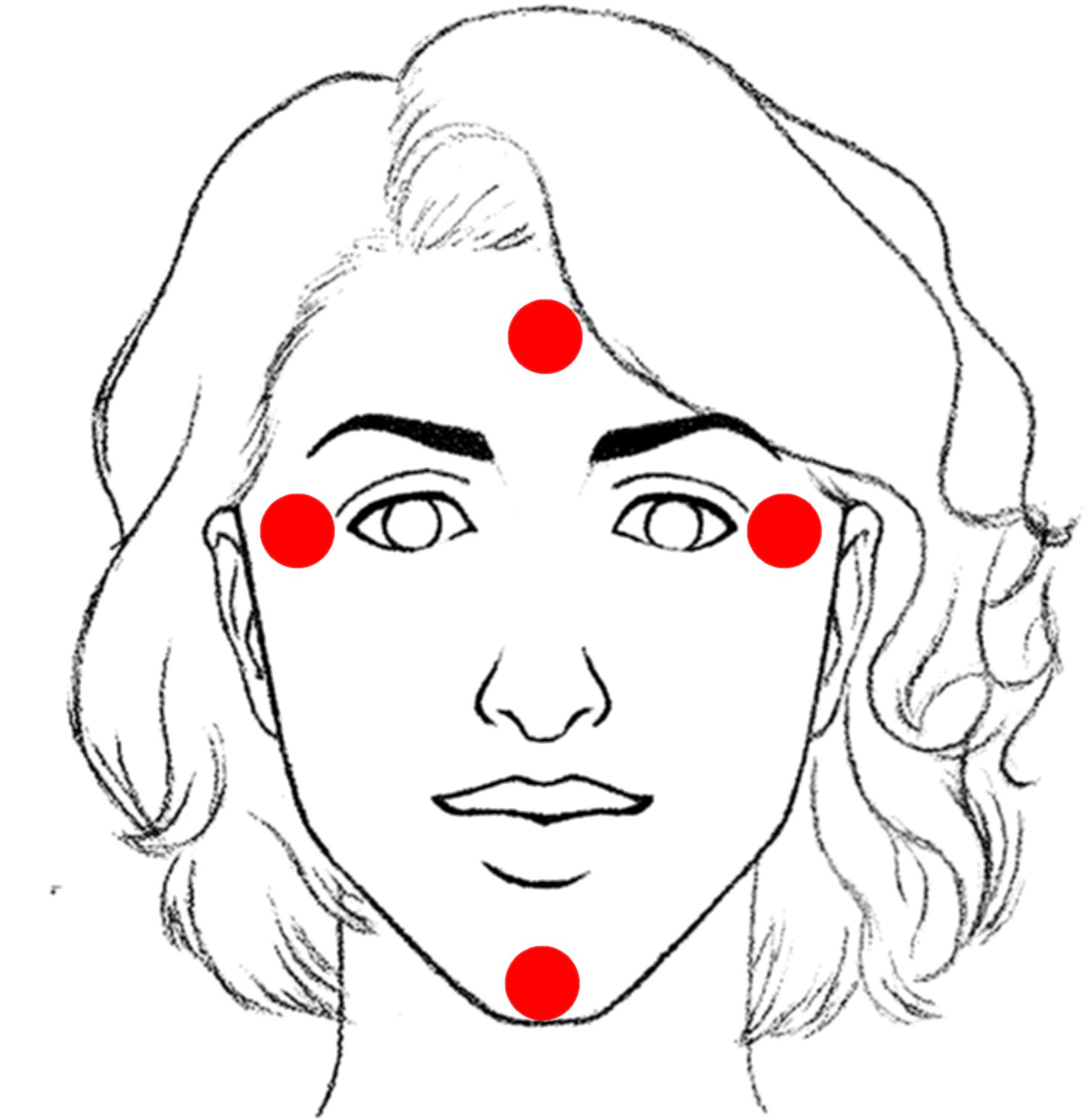I know people have heard about Tap Cross Therapy, and I get asked about it all the time, especially when people hear about the transformative results that come from this quick and easy bit of therapeutic science.
So, without further ado, I will tell you how it’s done, briefly. Do not be afraid to try this. There is not much to it, but it is extremely powerful in removing the emotional component from any highly charged thought/statement.
First, I establish a safe and secure environment for my client. I’ve already cleansed the room and prepared my self to be transparent through the process. After I have their agreement that the space is safe, secure, and sacred for this procedure, I have them write their most emotionally charged thought on a piece of paper. This is a thought, that when they think of it, it takes them straight to a 10 on a scale of 1 to 10, where 10 represents the most upset, they could be.
I take a look at what they’ve written, and if I think they could do better, I encourage them to rewrite it in a way that represents all of the emotion they feel, not using politically correct jargon and including cuss words, if they feel it would be a more accurate representation.
When you have a nice, vile representation, which when read clocks in at a solid 10, you can continue.
I sit across from my client, face to face, with our faces at least two feet apart, and show them what we are going to do, as I show them. “This is a two-part process. We will to the head first, because that’s where the thought originates and triggers are fired. Then we will do the body, because that’s where the physical manifestation of the pain or upset resides.” As I demonstrate the tapping, I say, “First, we tap on the forehead at the area of where the third eye would be, as you read your statement with as much emotion as you can muster.
“Then, you will read it again as we tap the chin. Then the outside of the eye, then the outside edge of the other eye.
“After we’ve read and tapped those locations, we’re ready to move on to the body.
“Now, you may have noticed that this sequence is similar to the sign of the cross.” And I reassure them that any similarity is simply coincidental as these are actually therapeutic meridian points, such as those used in acupuncture, and there is no religious significance to the procedure.
“Repeating the same statement, we start at the third eye location again, tapping and reading the statement. Then do the same at the area of the belly or solar plexus. Then each opposing shoulder.
I continue, “Then I will have you repeat some closing affirmations which will conclude the process, and we will check for results.”
Then I ask them if they are ready? And have them take a deep cleansing breath. I have them look me in the eye, eye to eye, start tapping on the forehead, and have them shout their statement.
I keep moving through the process until we have finished tapping the outside of the second eye, then ask if they feel like they are ready to move onto the body? If they are, we continue. Then we do the body. When you’re moving to the shoulders, if there’s any Catholic background working away at them, they may hesitate. Just keep on tapping and repeating their phrase. (Note: I also tap the shoulders in reverse, as the client will mirror me, so they are tapping from shoulder to shoulder in the right direction, but this is not necessary.)
After we’ve completed a round of both the head and the body, I follow up with having them place their hand on their heart and repeat after me, “I totally love and forgive myself for having held onto this pain” (I totally love and forgive myself for having held onto this pain) “I now release these emotions to the universe” (I now release these emotions to the universe) “And I let them go.” (And I let them go) “I am loved” (I am loved) “I am love.” (I am love)
Then I announce that we are complete.
Now, I have them read the statement again, then measure their level of discomfort when it is read. You and your client will be shocked that they are now at a two or three on the scale of 1 to 10.
If not, you will notice some reduction, and another round or two may be necessary.
With the emotional context of the subject removed, your client will now be able to approach processing the situation or circumstance rationally, unimpeded by emotional overload.
Please use Tap Cross Therapy (TCT) whenever needed. You will find it works every time, with immediately measurable results.
Once your clients know how to do this, they can do it anywhere, any time they are feeling emotional overwhelm. This is a huge advantage for clients suffering from Post Traumatic Stress Disorder (PTSD) as well as other emotionally debilitating disorders.
My gift to you.



